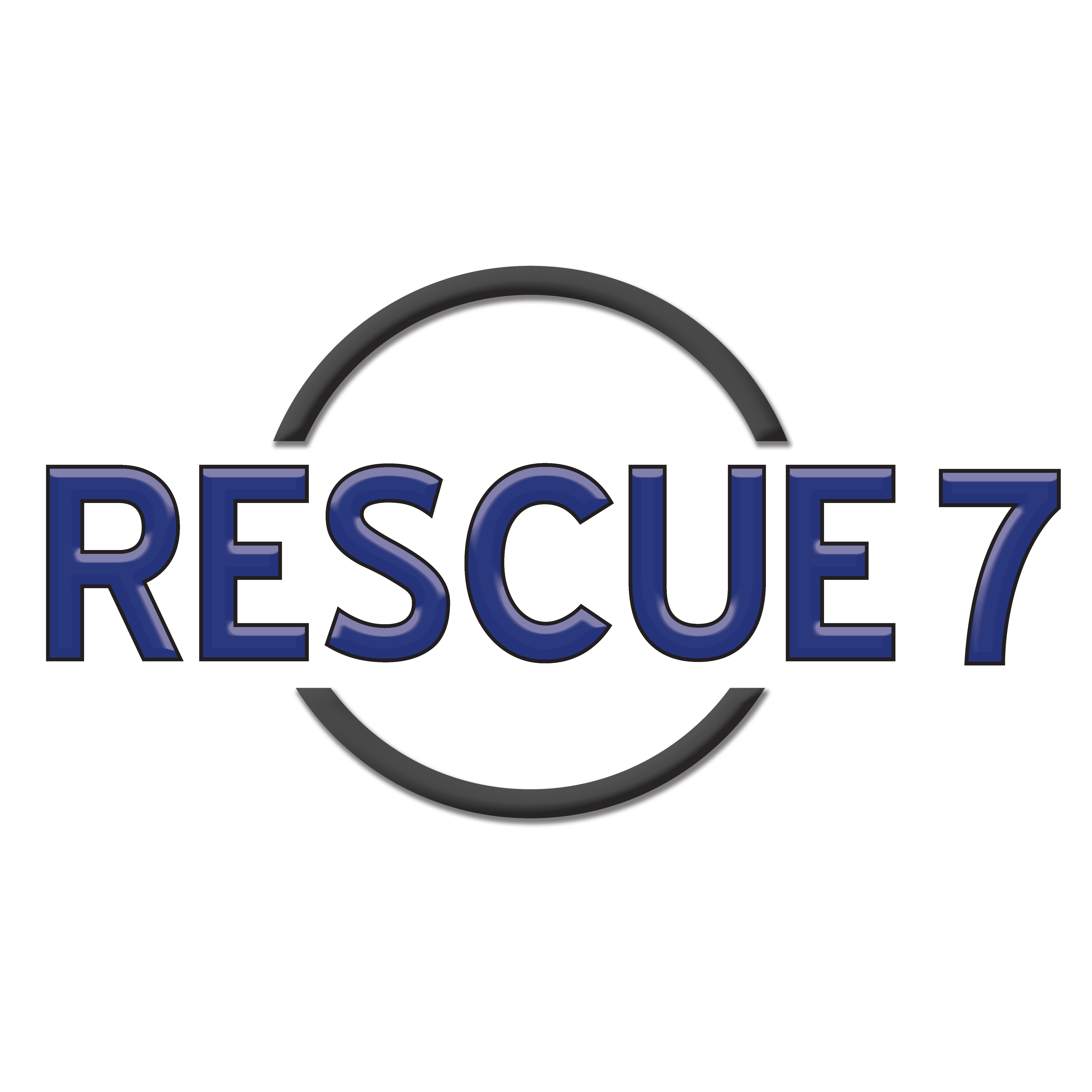Ontario’s Good Samaritan Laws For Drug Overdose – A Guide
In the face of a growing opioid crisis affecting not just Ontario but the entire nation, understanding the legal protections available when an overdose occurs is crucial.
This guide aims to shed light on Ontario’s Good Samaritan Drug Overdose Act, a piece of legislation designed to encourage individuals to seek emergency help during an overdose by offering certain legal protections.
Let’s break down what this means for you, the everyday reader, and how you can contribute to saving lives without the fear of legal repercussions for certain drug-related offences.
Understanding the Good Samaritan Drug Overdose Act
Enacted on May 4, 2017, the Good Samaritan Drug Overdose Act is a response to the alarming rise in opioid overdoses across Canada.
This law offers protection from charges related to the possession of a controlled substance when calling 911 in the event of an overdose.
It’s a critical component of Canada’s comprehensive strategy to tackle substance use and aims to reduce the hesitancy to seek help due to fear of legal consequences.
Legal Protections Offered
The Act specifically protects against:
- Charges for possession of a controlled substance under section 4(1) of the Controlled Drugs and Substances Act.
- Breach of conditions related to simple possession of controlled substances, such as during pre-trial release, probation orders, conditional sentences, and parole.
It’s important to note that this protection applies to anyone at the scene seeking emergency support, whether they are the ones experiencing the overdose or a witness.
The Act covers individuals regardless of whether they stay at the scene or leave before emergency assistance arrives. However, it does not offer protection against more serious offenses, such as outstanding warrants, production, and trafficking of controlled substances, and other crimes not specified within the Act.
How to Save a Life
Witnessing an overdose can be a terrifying experience, but knowing how to react can save a life. Here’s what you can do:
Call for Emergency Help: Immediately dial 911 if you suspect someone is overdosing.
Carry Naloxone: Be prepared by carrying naloxone, a life-saving medication that can reverse the effects of an opioid overdose.
Provide First Aid: If necessary, provide first aid, including rescue breathing (CPR), until emergency responders arrive.
Stay Calm: Keep yourself calm and reassure the person experiencing the overdose that help is on the way.
The Role of Rescue 7
Rescue 7 stands as a beacon of support in emergency preparedness, offering CPR training and other vital resources like Automated External Defibrillators (AEDs) and comprehensive training programs.
These resources are invaluable in an emergency situation, equipping individuals with the knowledge and tools needed to act confidently and effectively.
Find out more about our AEDs here
Why Training Matters
Being trained in CPR and familiar with the use of AEDs can make a significant difference in emergency situations, including drug overdoses.
Rescue 7’s programs are designed to prepare individuals for these critical moments, ensuring that they can provide the necessary assistance until professional help arrives.
Find out more about our programs here
Conclusion
The Good Samaritan Drug Overdose Act represents a significant step forward in addressing the opioid crisis in Ontario and across Canada.
By understanding and spreading awareness of the legal protections it offers, we can foster a community that is better equipped to respond to overdoses without fear of legal repercussions.
We encourage everyone to take action by getting trained in CPR and familiarizing themselves with the use of naloxone and AEDs.
Contact Rescue 7 to learn more about their life-saving training programs and how you can be prepared to save a life. Together, we can make a difference in the fight against the opioid crisis.

